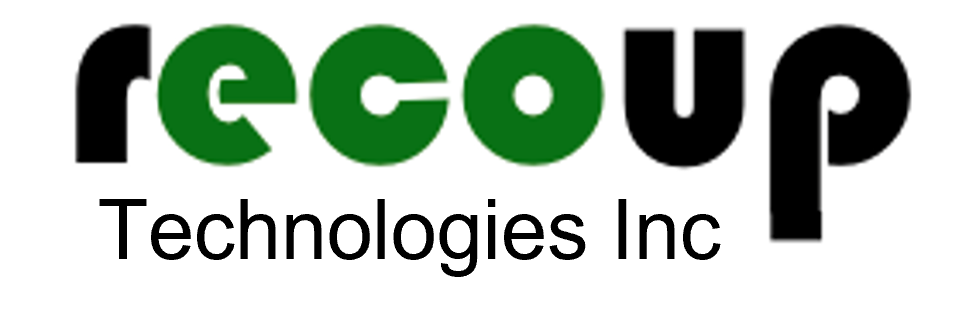The Future in Waste Management
A Renewable Landfill
Historically, waste management has been a key concern for local authorities, particularly because of its finite capacity and health and environmental implications.
Cities have limited adequate and suitable systems to cope with changes in the volume and composition of the waste disposed. Our mechanical biological treatment process offers the flexibility to a city when faced with either a disruption of waste stream disposal end points or the eventual end-of-life landfill horizons, effectively offering a solution to deliver multiple benefits to the system as a whole.
City stakeholders often underestimate the negative impact of mismanaged waste.

For instance, recently, the Covid-19 pandemic has exacerbated plastic pollution mostly because of delivery packaging and personal protective equipment, such as masks and gloves forcing cities to acknowledge the limitations of their current systems and the need to find a solution to overcome these long-lasting challenges.
Further, plastic waste blocking waterways increases the intensity of flooding, which, in turn, may spread waterborne diseases and/or lead to landslides in already disaster-prone areas. Another example is the harmful toxins coming from waste incineration that can increase air pollution and decrease health prospects for the population.
These negative consequences are usually not taken into consideration when developing and planning for the destruction of waste.
An MBT facility can take mixed municipal waste as well as commercial & industrial materials, non-hazardous secondary materials, predominately fiber as well as plastics that is converted into a light-weight high-quality paper (Solid Recovered Fuel, SRF) that is used at a cement manufacturer to off-set their use of coal. Additionally, the process is completely indoors, there are no odors from the facility, all of the air in the facility is negative pressure pulling the air out and pushing it through a BioFilter which controls the odors. Effectively, the facility is able to operate in a community, surrounded by housing developments, without receiving any odor complaints.
The Process Benefits
A more sustainable waste management system for municipalities, counties and states.
• Conversion of 110,000 – 300,000 tons per year of MSW and C&I Materials into an EPA-recognized alternative renewable fuel.
• Increased recycling rates within the community
• Receipt of a community host fee
• Solving landfill capacity issues
• Creation of construction and operating jobs
The process offers a more modern and sustainable waste management system. Renovare Environmental believes we need to focus our attention on educating people on the value of waste as a commodity and where it can be used to create energy. We also believe this technology, a Renewable Landfill, is our country’s future.


